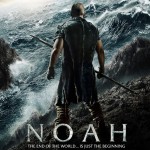
03/29/2014
You know those cute little ark toys teeming with chubby pairs of animals peeking out from all sides that one buys on the way to every baby shower? Don’t look for that warm fuzzy ark here.
In this week’s new release, the Noah of the title and his ark are stuff of dark apocalyptic disaster, and the story is one of environmental destruction, personal torture, redemption, endings and beginnings, at once on the smallest and the grandest of scales.
God is spitting mad. Now he’s going to drown all the human disappointment by spitting down a deluge of rain for 40 days, although surely most will die in the first few minutes. He’s God, after all. No need to make even a population reduced to murderous club-wielding marauders suffer.
As the Bible briefly outlines, he tasks righteous dude Noah with rescuing the “innocents,” all the world’s animals, who haven’t made God equally rue the day of their creation.
Beyond the potential for spectacle, this story holds no particular interest to Cinema Siren, who is by no means a biblical scholar. However, no matter what your religious affiliation or spiritual beliefs, you’ve got to find curiosity in the idea that Darren Aronofsky, the director of Black Swan, Requiem for a Dream, and Pi, would choose the story of the great flood, destruction and rebuilding of humankind as a compelling enough subject to film.
He had been mulling over the idea ever since winning an award as a young teen for a poem based on the one-paragraph passage in Genesis. The script he co-wrote with Ari Handel builds a story within a fantastical world that feels part family drama, part “Lord of the Rains.”
It attracted huge star power, with no less than three Oscar winners: Russell Crowe, Jennifer Connolly and Anthony Hopkins, and enough financing for a $130 million budget.
The result is a brutal, visceral if flawed film that fearlessly imagines a mythology known in many cultures around the world. It brings Noah’s story to the screen in a believable way, planting it within the context of one family, giving it an immediacy and humanity to which we can all relate.
Though moments of joy and visual brilliance may be enough to sustain audience connection, many viewers may not actively enjoy most of the film. They will find it haunting and personally resonant in some way, as is often the case with Aronofsky’s titles. Amidst an immense amount of death, miracles happen, at a time that also sees the world’s first rainbow.
Where the Noah of Genesis speaks no words, they are imagined and spoken ably in the powerhouse performance of Crowe. He embodies the character’s inner struggle, his conflicted nature, his attempts to balance mercy and justice as the creator’s human representative, spending most of the film emotionally tortured.
This prophet saddled with executing God’s plan seen from this world of Aranofsky’s invention is like watching “Noah: World’s First Paranoid Schizophrenic.” It must weigh heavy waking over and over from dreams of humanity dying, where he stands literally with his feet planted in blood-soaked ground, believing only the animals, or “innocents,” are meant to survive beyond the flood.
He forges on, grimly resolute, actively loving his family. He is surrounded by his wife, the ever graceful and endlessly patient Naameh (beautifully played by Jennifer Connolly), his sons, and his adoptive daughter. Crowe’s skill as an actor is the basis for our connection to the struggling family.
Noah shows the many ways one might cope with potentially overwhelming responsibilities…sometimes with integrity, as he is caring for his family with compassion, sometimes weakness, as he is drinking himself through survival guilt or blustering like a megalomaniac.
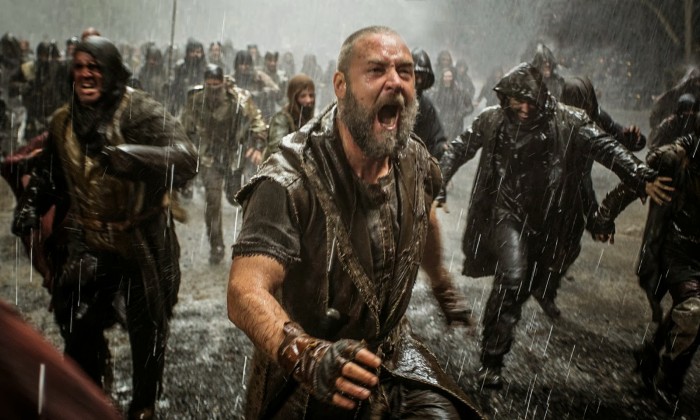
Much as he finds little joy in his tasks, ever emotionally tortured, Russell is impressive to watch, as is Connolly. Seeing them once again playing a couple who struggle with duty and mental stability as they did in 2001’s A Beautiful Mind is fascinating. In the children, Emma Watson as Ila is given the most complicated role, and performs admirably given the heavyweights against which she is playing.
Douglas Booth and Logan Lerman as Shem and Ham are given less to do, but move the story forward such as they are allowed. Leo McHugh Carroll as third son Japheth does little but nod his head.
It is worth mentioning there is a major departure here, as the “wives” of Noah’s sons are utilized in the story differently than one would think, based on the Bible’s writings. These changes make the story more interesting and the family interactions more complicated, so it’s fine by this writer. Anthony Hopkins as Methuselah and Ray Winstone as Tubal-cain, are like two sides of a good and evil coin. They bring a valuable presence to their roles, which have little screen time but are pivotal to the story.
Noah was filmed largely in southern Iceland, on volcanic landscape to capture the barren desolation of their environment. Juxtaposing that against the hyper-colorized, the nearly psychedelic sequences showing Eden and the story of creation, and renewed Earth post-flood, may be too visually jarring to work for some. It does seem meant to clearly separate several visual moods and create a multi-faceted aesthetic that differentiates darkness from light both literally and figuratively.
The highlight of that is the gorgeous and inventive sequence when Noah tells the story of creation. The way Aronofsky’s filmmaking team melds creation with evolution is breathtaking, and recalls the sequence of animation in Fantasia’s The Rites of Spring. The gathering of animals (all CGI, which effects house Industrial Light and Magic said included “the most complicated rendering in the company’s history”) and the flood itself are both representative of the best of what CGI can bring to a film.
The Watchers, which are spiritual beings trapped inside multi-armed, misshapen rock formations, are a bit harder to swallow visually. The other aforementioned effects more than make up for those stoney CGI missteps.
There is no doubt whatsoever why Aronofsky partners with composer Clint Mansell for his films. With the help of the Kronos Quartet, he has created a score that rivals his best. He articulates a wide variety of moods…one that expresses the musical voice of an angry God, an appropriately intense and emotional accompaniment to the animals entering the ark, as well as several moments of small aural wonder. It can be purchased. If you are a fan of scores, it will be a must have, and hopefully remembered at Oscar time.
Aronofsky has a singular voice, and you will carry the experience of watching this film with you way beyond exiting the theater. However conflicted this flawed representation of archetypal mythology may make you feel, it is certainly worth seeing. Noah is a fearless example of visionary filmmaking, and should be rewarded with your attention.
3.5 out of 5 stars

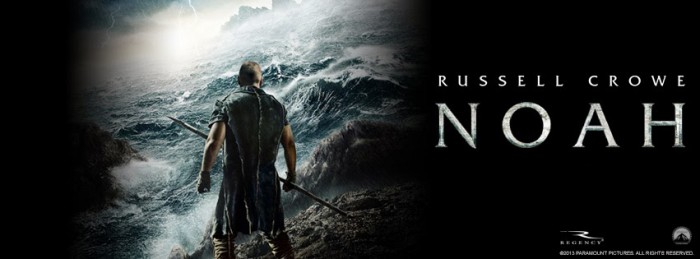
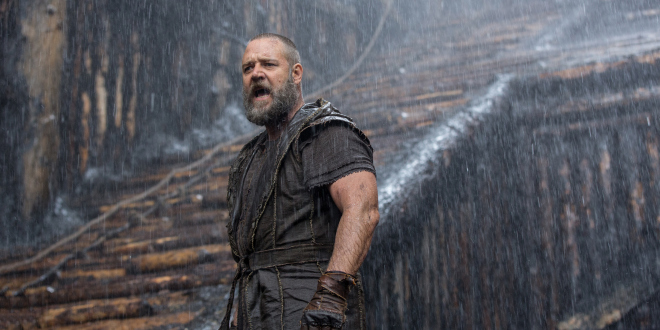
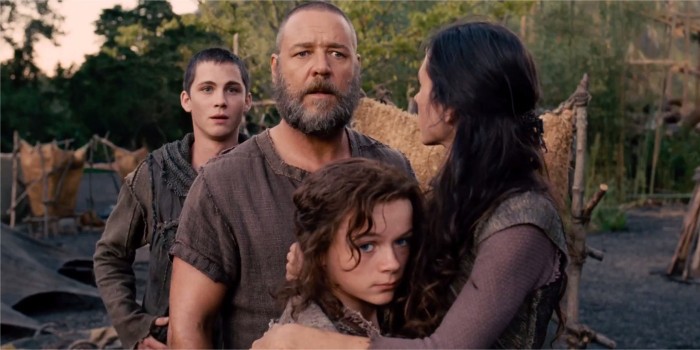
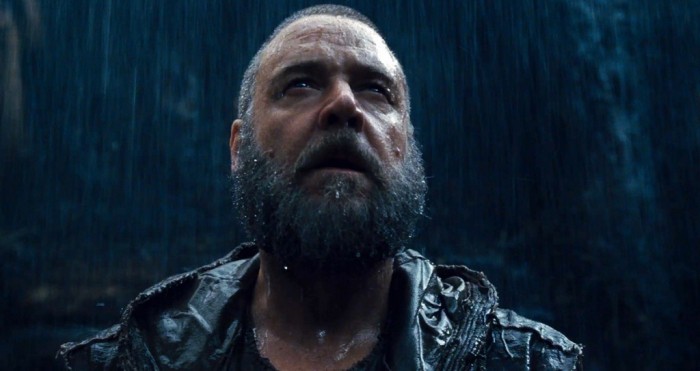
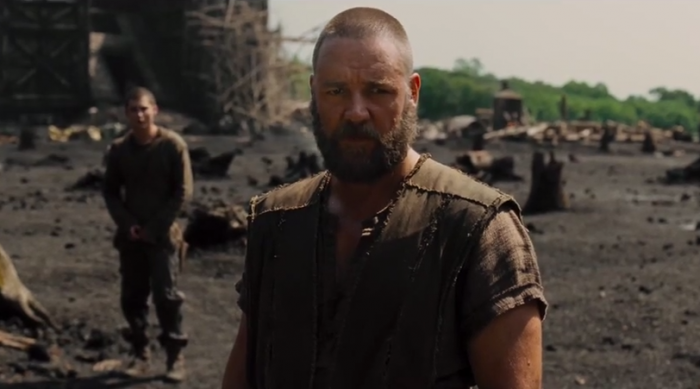
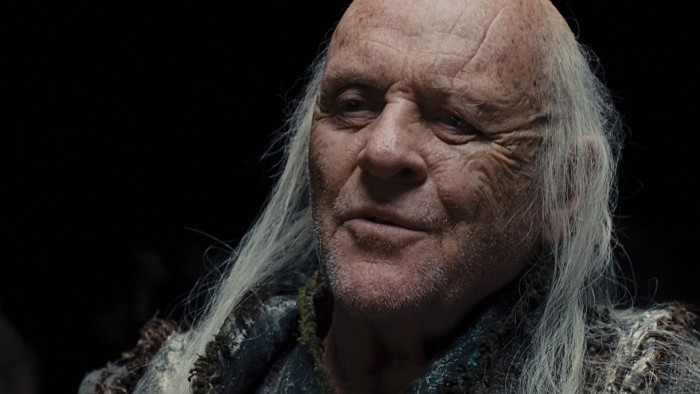
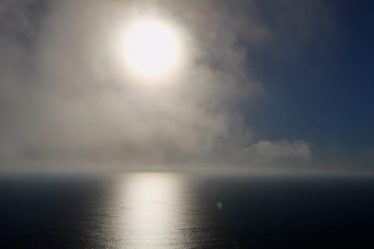
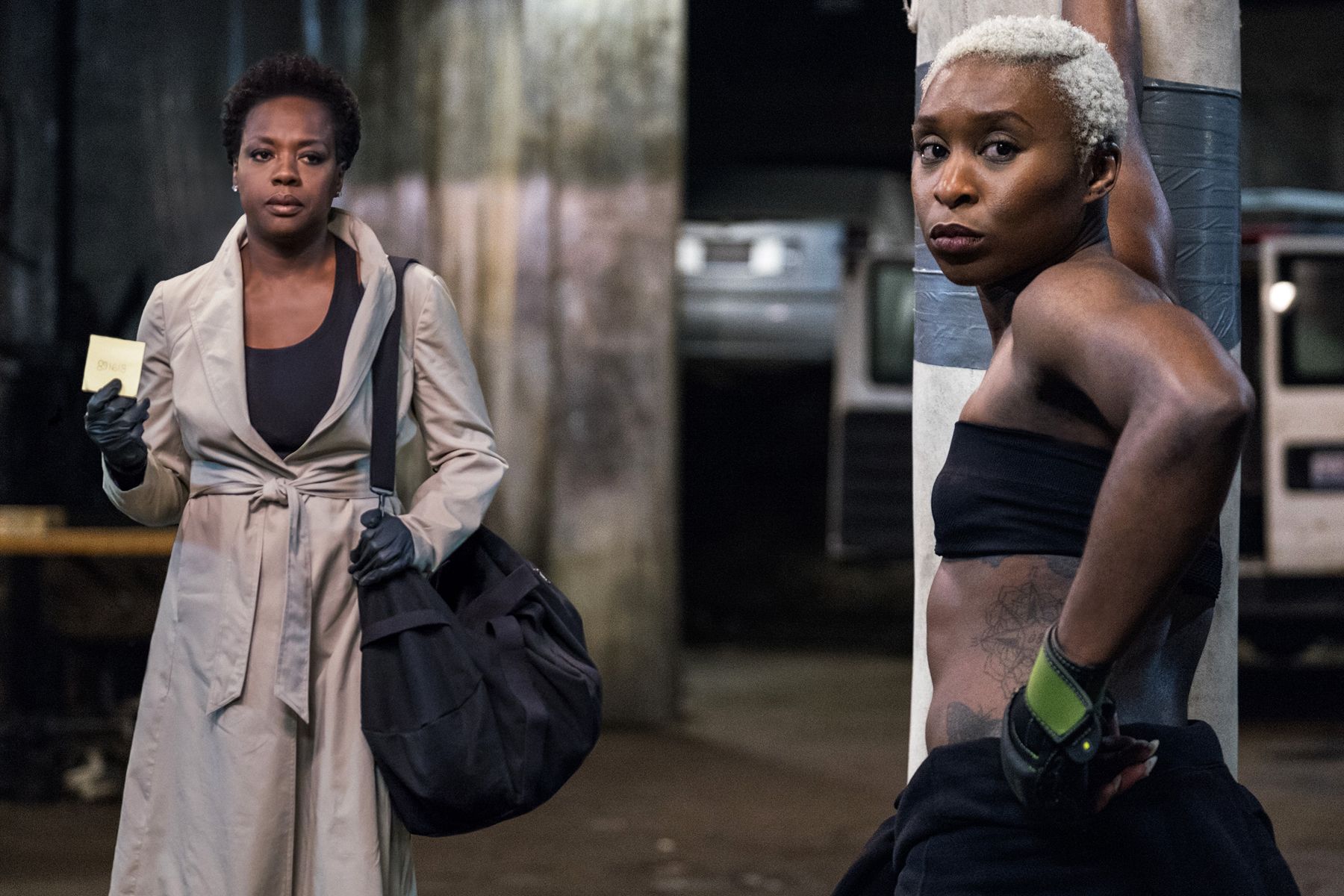

Thank you for a well balanced review!